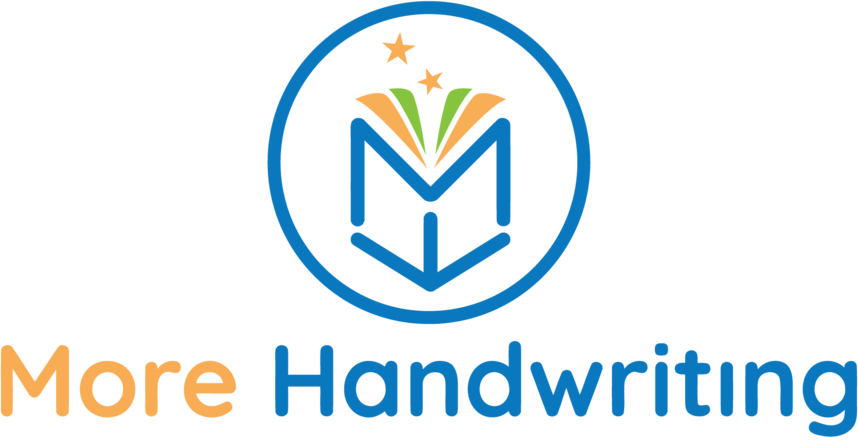
The late Dr Jusczyk, who conducted extensive research on the relation between speech perception and language acquisition in infants ranging from 6 weeks to 24 months, concluded that babies could even pick out their own name as early as 4 1/2 months old! Additionally, by 9 months old, they are already recognising frequent patterns within languages and listening longer for sounds which occur frequently – which is astonishing considering how short a time span its been since birth!
First Words
Babies are born able to understand and produce sounds, but they need experiences in order for this skill development. The neural pathways that form as a result of these interactions between infant’s brain cells will shape how the child functions throughout life.
Although a baby’s first words are a milestone in their cognitive development, research suggests that their early babbling may be even more important. This babbling allows them to engage in proto-conversations with carers well before they can produce clearly articulated, meaningful words. Furthermore, the well-rehearsed sounds from babble serve as a perceptual ‘filter’, drawing the baby’s attention towards words that match the sounds they can reliably produce. Therefore, first words are shaped by the sounds babies hear and see around them.
The first words that babies learn typically have a lot of meaning to them. While all babies develop language at their own pace, some general milestones can be used to track a baby’s language development.
- By 6 months old, most babies will know the meaning of words like “Mummy” and “Daddy.”
- By 9 months old, they will start to use simple words like “milk” and “more.”
- By 12 months old, they will be able to say several simple words.
- By 18 months old, they will be putting two or three words together into short sentences.
Baby Talk
Baby talk can be defined as a style of speech that is used when talking to babies or very young children. It is usually characterised by a high pitch, exaggerated intonation, and simplified grammar. Baby talk has been found to be beneficial for infants in several ways. For instance, it helps them learn the difference between sounds and process information more easily. It also helps infants develop a better understanding of communication.
Dr Roberta Golinkoff, a professor of psychology at the University of Delaware, has conducted extensive research on baby talk and its benefits for infants. In her book, How Babies Talk, she argues that baby talk is an essential tool for helping babies learn to communicate. Baby talk is often accompanied by exaggerated facial expressions, which help infants understand the emotions being communicated. The exaggerated nature and repetition of baby talk also helps babies learn the difference between sounds. Since babies have a great deal of information to process, baby talk helps them to focus on the most important words and sounds. As a result, baby talk is a powerful tool for helping babies learn to communicate effectively.
How to Help Babies Learn Language
Most babies are born with the ability to babble and begin to use basic words around their first birthday. After that, they start to put two or more words together to form simple sentences. Although every child develops at their own pace, there are some things that parents can do to encourage language development.
- Verbally responding to a baby’s vocalisations helps them understand that communication is a two-way process.
- Talking to a baby with attention and gestures helps them understand the meaning of words.
- Parents can help babies learn language by pointing and naming things they see, using an over-the-top voice, and singing to them.
- Initiating conversations related to recent events helps babies to understand how language can be used to communicate information.
- Reading interactively with a child engages their participation and helps them learn new words and concepts.
By following these tips, parents can help their babies develop strong language skills.
Conclusion
While there is still much to learn about the mysteries of language acquisition, we do know some things for sure. For example, we know that baby talk plays an important role in language development. By speaking slowly and using simple words, parents can help their children understand the building blocks of language. We also know that the early years are crucial for language development. Children who are exposed to rich language experiences in their first few years are more likely to become competent speakers and readers.
So if you’re wondering how to help your child learn language, remember that baby talk and early exposure to language are both key ingredients.

